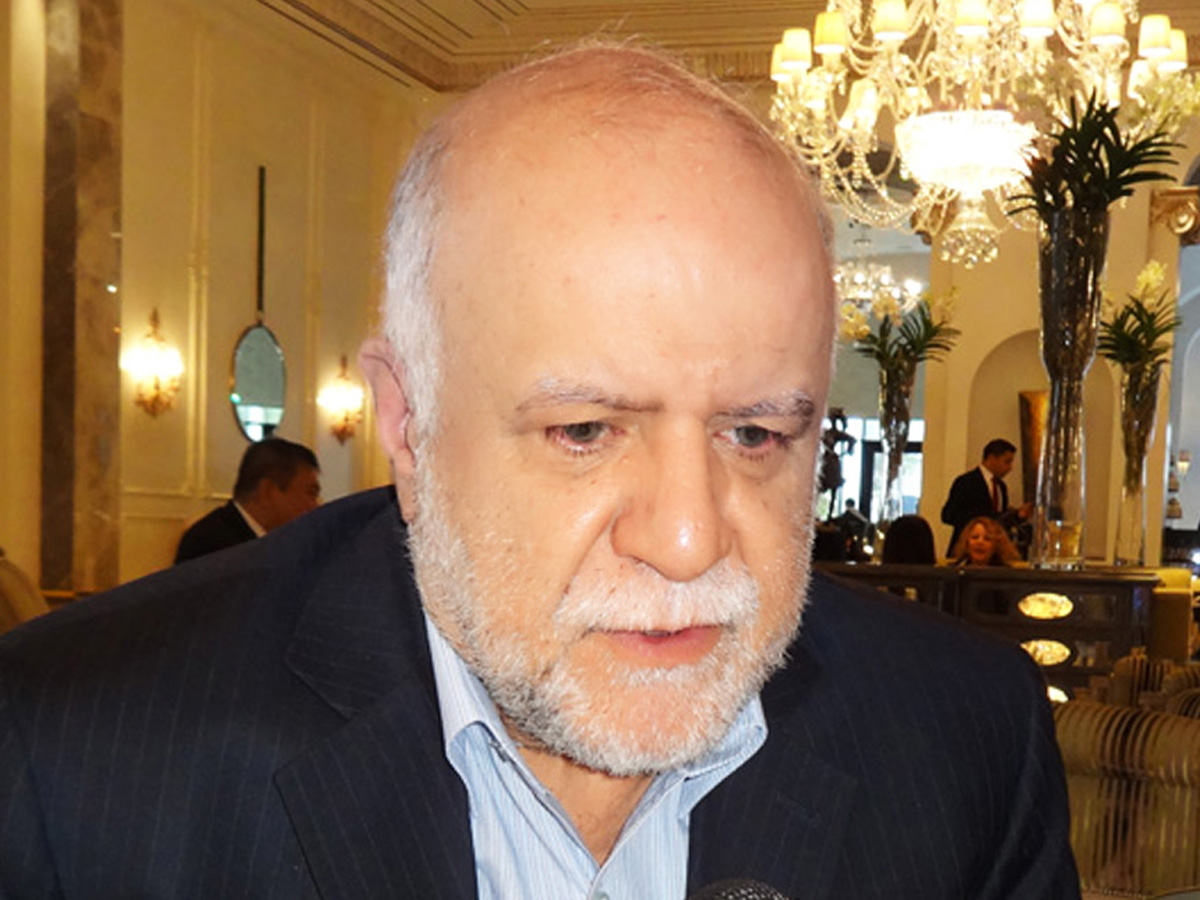Baku, Azerbaijan, Dec. 2
By Umid Niayesh- Trend:
Iran does not need permission to increase its oil production after the sanctions against are lifted, the Islamic Republic's Oil Minister Bijan Namdar Zanganeh said.
He made the remarks while commenting on its recent letter to the Organization of the Petroleum Exporting Countries (OPEC), in which he asked the cartel to reduce production by at least 1.3 million barrels per day (mbpd), the oil ministry's SHANA news agency reported Dec. 2.
Ahead of the upcoming OPEC meeting which is scheduled for Dec. 4, Zanganeh wrote a letter to OPEC chief Abdallah Salem el-Badri, saying that the cartel members should be committed to the ceiling level, which had been set at 30 mb/d.
Zanganeh said that he did not write the letter to the OPEC for approval. He added that the letter was written to remind OPEC about the commitments regarding the ceiling level as well as explaining Iran's position.
The Iranian minister further said it is not the first letter that was sent to the organization members. He underlined that Iran was forced to exit the oil market illegally under the sanctions, emphasizing that Tehran doesn't need any permission to return.
Tehran hopes to increase its oil production by 500,000 barrels per day immediately after the international sanctions' removal.
By holding 157 billion barrels of recoverable crude oil reserves, Iran possesses the world's fourth largest reserves of crude oil.
Iran's current oil production is estimated to be around 2.8 million barrels per day of which about one million barrels are exported.
Tehran once was OPEC's second-biggest producer and now stands at the fourth place.
Iran's oil output was about 3.7 mb/d in 2011, but it has decreased due to western sanctions imposed on Iran in mid-2012.






